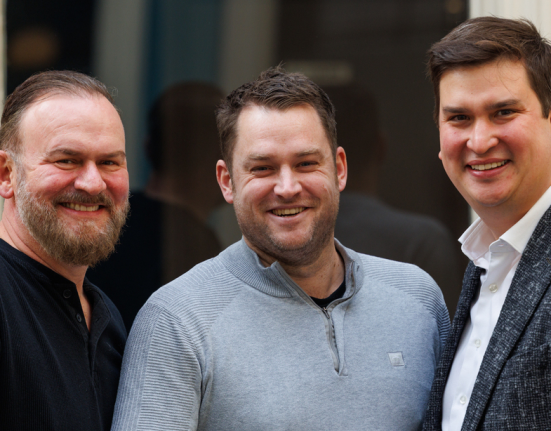NHS England is seeking a major increase in robotic surgery over the next decade as part of radical plans to cut waiting times.
Half a million operations will be supported by the trailblazing approach every year by 2035 – up from 70,000 in 2023/24, according to NHS projections.
Nine in 10 of all keyhole surgeries, such as the removal of certain organs affected by cancer, will be delivered with robot assistance within the next decade.
Robotics and autonomous systems
Which got me thinking – about robotics and autonomous systems (RAS) to be precise.
Many people in the West Midlands will be familiar by now with the NHS option of robotic surgery. A new report by Make UK, the leading voice for UK manufacturing and engineering, in partnership with the West Midlands RAS Cluster, outlines the potential for RAS technologies across the region’s industrial base and calls for urgent and coordinated action to scale up adoption.
Drawing on insights from over 100 manufacturers, the report identifies an adoption rate of more than 80% in basic applications. More advanced systems can achieve even higher productivity.
Lack of finance holding us back
But right now many are being held back by a lack of financial, technical and policy support, especially for SMEs. In addition, lack of training provision and ready-to-hire RAS skills make staffing a challenge.
The rewards for following the advice contained in this report could be substantial – including improved patient care with better outcomes, support for an over-burdened health service and more business for health technologies employers in the West Midlands.
So, is there funding available to tackle the obstacles the report identifies?
Minister have pledged cash
Ministers have committed £22.5bn a year in research and development (R&D) over the next four years, including up to £500m for regional authorities to target the investment locally. This announcement comes just ahead of the Government’s spending review.
New drug treatments, longer-lasting batteries and developing artificial intelligence are among research projects that will receive funding as part of an £86bn government investment into science and technology.
Scope here, perhaps, for accessing funding that will drive a step-change in RAS adoption in the West Midlands?







